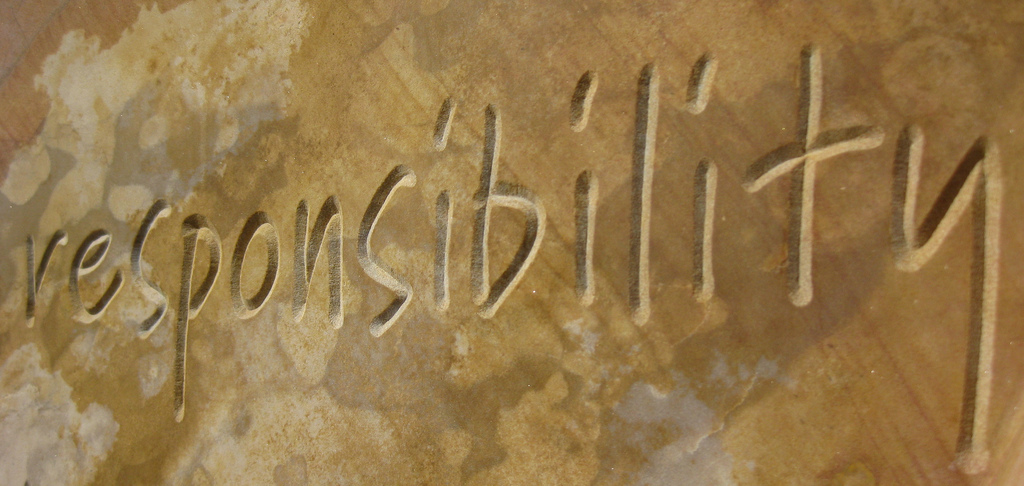Since I came out against some of the kiruv world’s methods, many of my readers have shared with me their own feelings and experiences with different kiruv organizations and individuals.
All this discussion got me thinking. What’s the responsibility of the baal teshuva in all this? Let’s flip the script for a moment.
I can’t help but feel that there’s something distinctly self-victimizing about the language people use when they talk about kiruv groups. They speak as if they were manipulated and controlled and fooled. In fact, I myself even made the argument that this is the goal of some people trying to bring others close to Judaism.
But there’s an issue with this sort of talk. It assumes that the person has little to no control over their own journey as a baal teshuva. It assumes that some people have manipulated or used them, without their consent.
Becoming a baal teshuva is a somewhat unique experience because one does have to let go, to accept that they don’t know so much and they need to learn from others.
The problem is that oftentimes baal teshuvas assume this to mean they need to completely let go of control of their lives, to completely give in to those around them, and follow them all blindly.
The truth is that the people that do this seem to be the ones that end up the most bitter when they realize the people they trusted weren’t the intellectual or spiritual giants they assumed them to be, or when they realize they went through a manipulative process, or worse.
While it is true that some kiruv people are simply drug pushers, what we have to realize as baal teshvuas, and what no one will tell us unless they truly love us, is that only we know what is best for us. Only we know what is healthy for us. Not a rabbi, not a kiruv dude, not a shadchan. None of these people know us like us.
And when we assume that they do, we are giving them the keys to our life, we are giving them a control they simply shouldn’t have.
I, for better or worse, have the opposite problem. I don’t trust most people enough, and often end up spending a lot of time doubting the people around me and their motives.
But this weakness has helped me see a few sad things go down. I’ve seen students who excel at yeshiva, who suck everything up and grow above and beyond others, in certain respects, then leave yeshiva and suddenly feel lost and confused, as if the world of yeshiva, and all the unspoken and spoken rules that go with it, are all that exist. Unfortunately, these sorts of people are usually encouraged by the role models, teachers and rabbis around them simply because they are learning so much and growing so much in their learning, while their emotional health is ignored.
And while it’s true that, to a certain extent, we need to allow others to guide us, and to follow, to an extent, blindly, we need to remember to always take ownership over our own minds. To be aware that even the following is a choice, even the blindness is something we have control over.
And, second, we need to remember that whoever we give the keys to, whoever we allow to guide us, must be someone we truly trust, not because they are experts at halacha or chassidus or gemora, but because they care about us. Because they are invested in us. And they understand us. Someone being smart, admirable or even a very good person does not make him or her a good mentor.
These people should be able to see beyond just simple halacha. They should see that perhaps, for you, reading tawdry romance novels is important, and part of who you are, for now, and they should accept that. That taking on a million things at once isn’t healthy. That your strengths, like writing, music, business, are things to encourage and not put down.
The point is that while there are problems, and there are kiruv folks who are doing bad things (good intentions or not), it isn’t our job just to complain or fight against it. Our primary job is to take ownership of the things we have control over. To admit that, at the end of the day, we are the ones with the keys. If we don’t do this, we are simply perpetuating both within ourselves, and others, a lack of power. It takes away the inner strength each of us has to control our destiny.
When we become aware that we are responsible for the choices we make, and who we trust, while it may seem like we are “blaming” ourselves, what we are really doing is putting keys back in our hands. The power to guide our lives will be ours again.



Leave a Reply